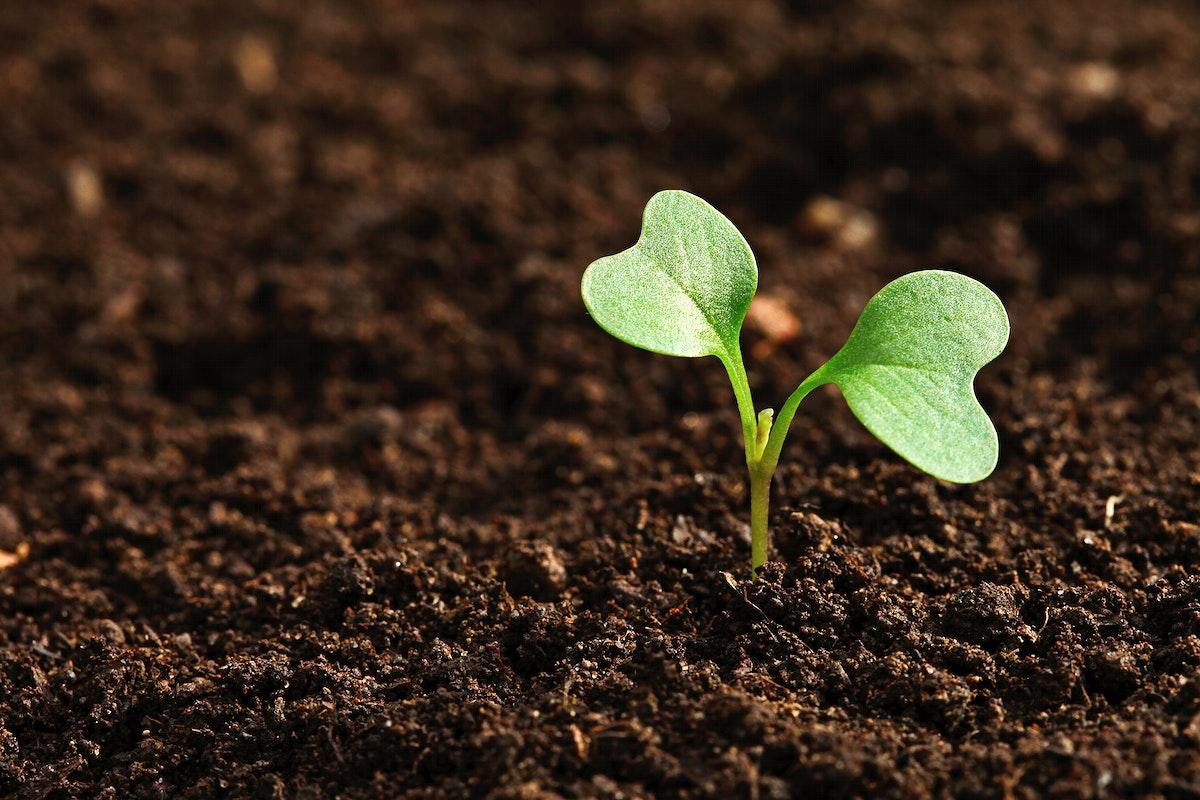
Worms at Work: A Classroom Composting Adventure
by Jaime Camero
Students will research and use math calculations to set up a classroom worm compost bin to compare to a classroom non-worm compost bin to be utilized for observation throughout the school year for experimentation and demonstration of various scientific concepts.
Lesson Grade Level
6th GradeLesson Plan Link/URL
https://docs.google.com/presentation/d/1lLT8FGC8nFYuIW-AObFqCWlu6hXYA7Fs9EFSF0Z…Subject Area
Science Life Science Technology 3. Knowledge Constructor 5. Computational Thinker 6. Creative Communicator Mathematics Number and Operations in Base Ten (NBT) Number and Operations—Fractions (NF) Ratio and Proportion (RP) The Number System (NS) English Language Arts (ELA) Reading (Literature) Reading (Informational Text) Writing
Featured
Off
Related Content

Grades:
3rd Grade, 4th Grade, 5th Grade, 6th Grade, 7th Grade, 8th Grade, 9th Grade
Engineers often create small-size models of a new product to test its design. This is especially true with airplanes. Model testing tells engineers how a design responds to different air conditions

Grades:
Kindergarten, 1st Grade, 2nd Grade, 3rd Grade, 4th Grade, 5th Grade, 6th Grade, 7th Grade, 8th Grade
Most students are likely familiar with popular films like Happy Feet, Surf’s Up, Penguins of Madagascar, and classic books like Mr. Popper's Penguins. Capitalizing on this familiarity with penguins

Grades:
6th Grade, 7th Grade, 8th Grade
For this lesson, students will be using the LEGO Spike Prime Kits and LEGO Mindstorm software. Students will write programs using the Color Sensor to make the Driving Base autonomous. A variety of